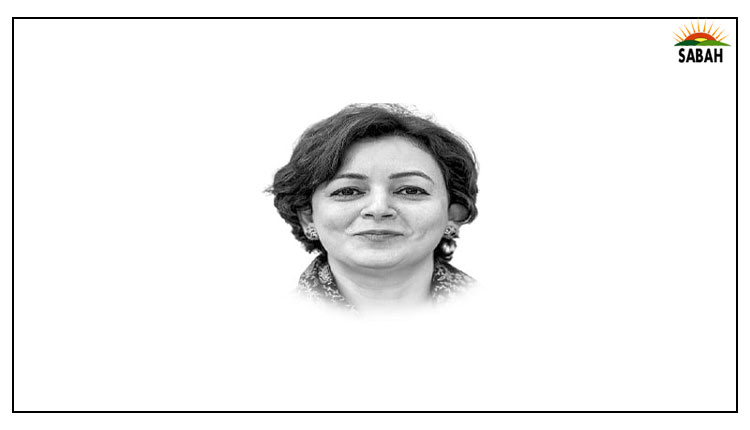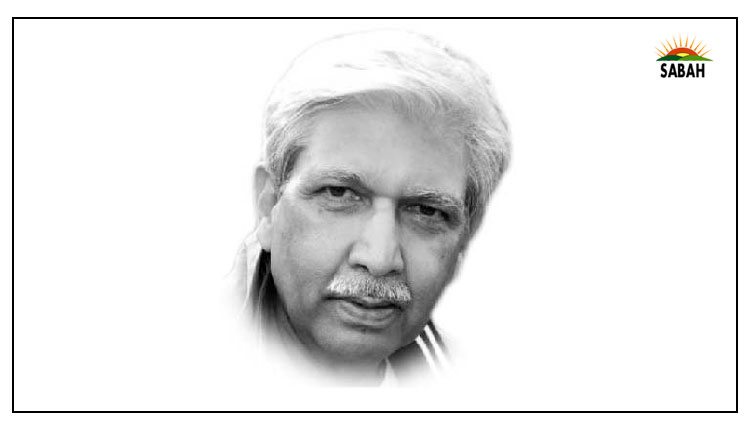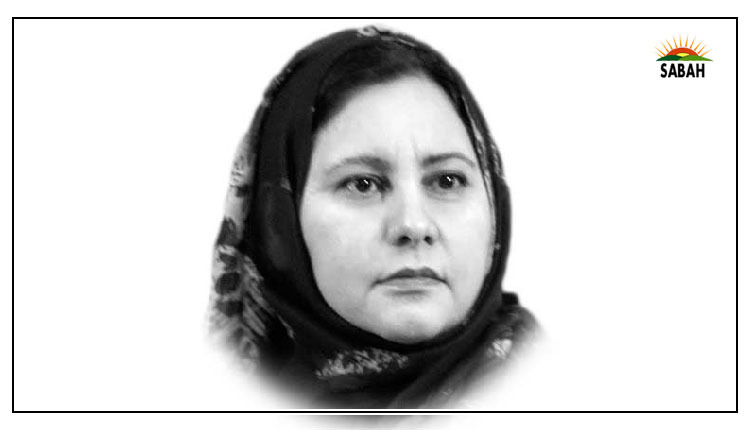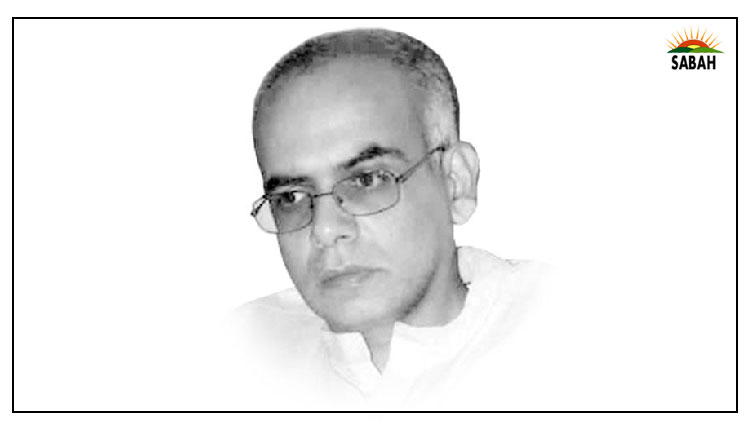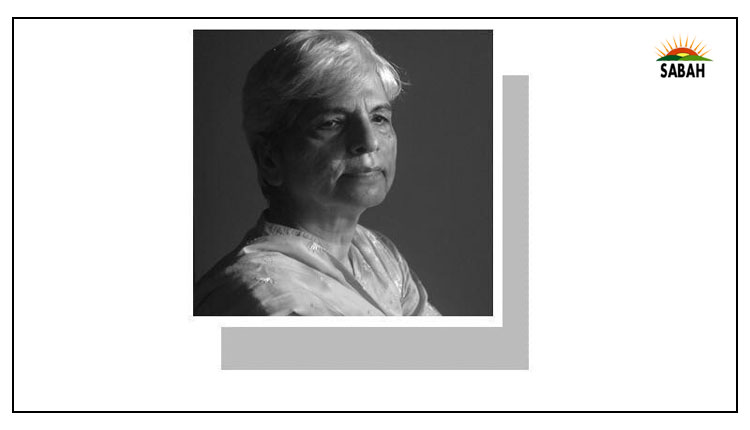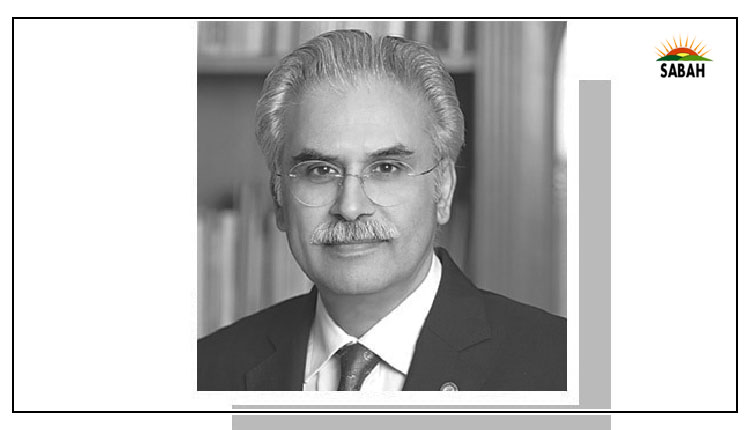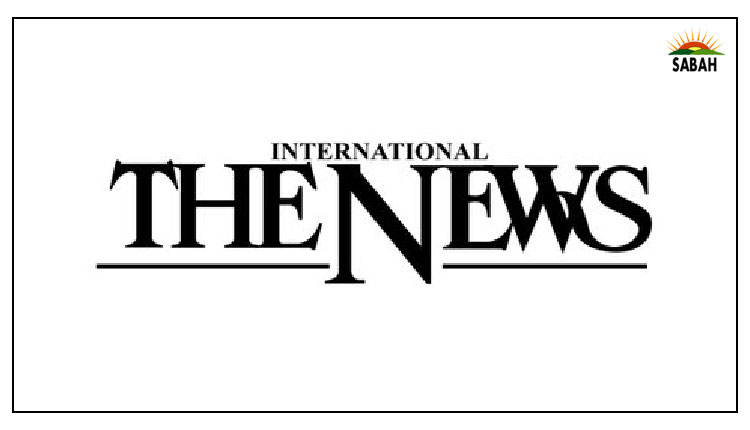Pakistan’s import mania…Abdul Sattar
The recent decision by the government to lift the ban on import luxury vehicles shows that our ruling elite has a tendency to squander taxpayers money.
News reports on this matter have not been refuted to date, which clearly tells that such a decision was indeed made by the ruling elite. On the one hand, our politicians lecture people on austerity while on the other, they lavishly spend public money on these extravagant purchases amid a financial meltdown.
The prime minister and his team are visiting one country after another with a begging bowl to borrow funds for resource-deficient Pakistan, but they are also spending the already meagre financial resources that the country has recklessly. This is not the first time the countrys rich have made insensitive decisions.
Initial estimates suggest that these luxury vehicles will cost billions of rupees to the national exchequer at a time when public hospitals and health units face acute shortages of staff and medicines, and educational institutions are bereft of the much-needed resources to promote research and carry out academic and administrative work in an efficient manner.
The Higher Education Commission (HEC) has witnessed a drastic cut in its funding. This is not only compounding the financial woes of universities across the country but also creating immense hardships for students and scholars who are studying abroad on HEC scholarships.
The stuffed federal cabinet with a brigade of ministers, advisers and special assistants is yet another proof of the ruling elites indifference to the plight of the people. Our public representatives fascination with foreign trips also shows that they are more interested in meeting foreign dignitaries than visiting their flood-hit constituencies. Despite all these foreign tours, international financial institutions are still demanding extreme anti-people measures that will push millions of Pakistanis into poverty. We are still struggling to get much-needed foreign investment which is offered as an excuse for these extravagant trips.
One way to address these financial issues is by reducing imports and boosting exports. But, unfortunately, all rulers from Zia to Benazir to Musharraf to Nawaz Sharif to Zardari to Imran Khan come up with policies that boost imports.
Of all these parties, the PML-N is notorious for introducing anti-people policies. Whenever it is in power, it intensifies the process of privatization, selling state entities at throwaway prices. The party also undertakes projects that either are heavily reliant on foreign debts or cause the draining of the national exchequer. It spent hundreds of billions of rupees on the laptop, yellow cab, sasti roti, loan for youth schemes. And now the party has once again come up with the idea of gifting laptops to thousands of students. Pakistan does not manufacture such laptops locally, and it will import them. At a time when every dollar counts, this decision does not make any economic sense.
When it comes to imports, the ruling elite does not hesitate to capitulate. For instance, take the ban on luxury goods that PM Shehbaz Sharif imposed soon after coming into power. Within no time the government had to take back its decision which could have saved a few billion dollars for a country that is badly cash-starved.
If the government cannot stop imports, it could have at least slapped such goods with extraordinary taxes that might have raised state revenue, but since such taxes would have affected the rich and sections of the upper middle class, the regime avoided making them angry.
From date trees to cricket coaches, the country seems to be importing everything. It seems that Pakistan does not have anything locally made; it has to import furniture items and marble slabs that are used in our government buildings and elite houses. But despite all these imports, the performance of state institutions is still abysmal. Billions of dollars have been spent on safe city projects, but the crime rate is constantly increasing.
No place is safe for women in the country. From buses to parks, perpetrators are present everywhere to sexually assault women. Street crimes seem to be a norm in Karachi which recently spent a huge amount of resources on the installation of cameras.
The situation at hospitals is not rosy either. The ruling elite usually imports heavy ultra-modern equipment but does not bother to properly train staff. Resultantly such machines develop technical faults after some months or years with no one having the required expertise to repair them. In the past, we witnessed the destruction of green buses in Karachi, which were launched during the Musharraf regime without any regard to the availability of enough CNG.
Pakistans import bill has touched its heights over decades. Before the structural adjustment programme of 1986 and the complete domination of the neoliberal economy, Pakistans import was insignificant. In 1971 it was only $1.12 billion and reached $12.9 billion in 1997. During FY 2021-2022, the import bill increased to 43.45 per cent, hitting a whopping $80.51 billion mark. It is likely to further rise given rupee devaluation.
It is time we put an end to this import mania. A total ban should be placed on luxury cars and goods. The country has around 30 million vehicles, close to half of these are motorcycles. Instead of running millions of cars and motorcycles, the government should introduce buses slapping those with congestion charges who use cars for transportation.
A few thousand buses should replace millions of cars and bikes. It will also mitigate our environment-related hardships to some extent, besides saving our foreign reserves. The government should take back railways freight from the national logistics cell and other goods carrier companies that might be spending tens of thousands of litres of fuel every day besides closing long U-turns that could save millions of litres daily.
The government should gradually decommission those energy projects that are running on fuel and come up with a policy that discourages furnace oil schemes for power generation. It should increase food production to end imports of edible items and ban export of essential commodities at a time when the country needs them at reasonable rates. Ending import mania could be a way to reduce the countrys financial woes.
Courtesy The News


